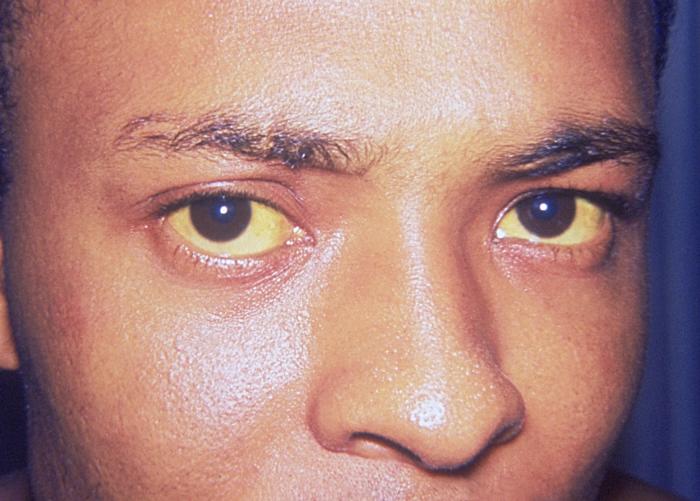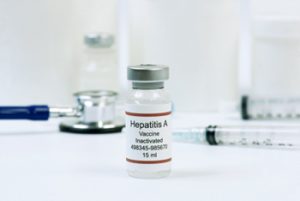The Massachusetts Department of Public Health (MDPH) issued a public health alert over a statewide hepatitis A outbreak.

Since April 2018, 65 cases of acute hepatitis A virus (HAV) infection have been reported. These cases are all individuals who have recent experience of homelessness, unstable housing, and/or substance use disorder.
One person has died as a result of their infection.
Of the 65 hepatitis A cases, 45 percent are located in Boston with an increasing number in other cities and towns, including the Southeast and metro Boston areas.
“We have seen a spike in cases of hepatitis A, with outbreaks being reported in at least 10 other states in similar populations, constituting thousands of cases nationwide,” said Public Health Commissioner Monica Bharel, MD, MPH. “As part of our statewide response here in Massachusetts, we are reaching out to all local health departments to encourage and assist their efforts to provide education and vaccinations for people at risk.”
Massachusetts reports 4 times more human West Nile virus this year

Image/National Institute of Diabetes and Digestive and Kidney Diseases
“There may be misconceptions about the different types of hepatitis,” said Dr. Catherine Brown, state epidemiologist. “Hepatitis A infection can be prevented through vaccination and one dose of vaccine can provide substantial protection. It can also be prevented through proper hand washing, especially after using the toilet and before eating. There is no specific treatment for hepatitis A infection; most otherwise healthy people recover on their own.”
Hepatitis A is transmitted primarily through fecal-oral contact that can be associated with living in unsanitary conditions and poor hygiene. Symptoms include fever, fatigue, loss of appetite, stomach pain, nausea, diarrhea, and jaundice (yellowing of the skin and eyes), grey stools, and dark urine.
- Diphtheria death toll at Delhi hospital rises to 18
- Monkeypox in Africa in 2018
- Ebola detected near Uganda border, Health Ministry says ‘No Ebola in Uganda’
- Sleep apnea topics on Outbreak News This Week
- Cholera in Borno State, Nigeria
- Legionnaires’ disease outbreak in Lombardy region, Italy
- Ukraine mushroom poisoning: Health ministry warning, advice
- Romania West Nile virus situation: 25 deaths to date
- Infectious disease news: Top 5 posts for the week Sept. 15-21


One thought on “Massachusetts Public Health Alert issued over hepatitis A outbreak”